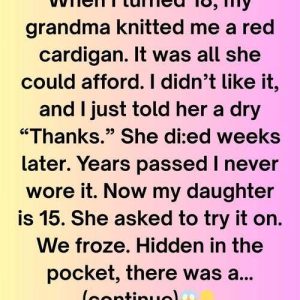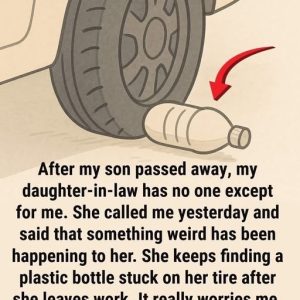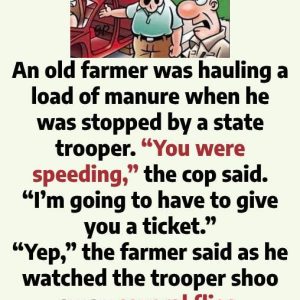Driving late on Highway 42, the narrator stopped for a distraught teenage girl, Madison, whose car had a blown tire. The situation was immediately fraught with tension; Madison jumped out with a tire iron, pleading with the narrator not to call anyone. The gravity of the situation became clear when the narrator heard a whimper from the trunk, where Madison was hiding her younger siblings. She tearfully confessed they were fleeing an abusive stepdad and were desperate to reach their grandmother, but the flat tire had stranded them.
The narrator took immediate, decisive action. They called their motorcycle club brothers—a protective team of seven, including lawyers and retired firefighters—who quickly arrived with blankets and food. They formed a perimeter of safety, comforting the scared children, one of whom had visible bruises. The entire group then safely drove Madison and her siblings to their grandmother’s home in Tennessee, where an emotional reunion and arrangements for emergency custody were quickly secured.
The experience validated the narrator’s belief that courage is defined by stopping and believing someone in need. While Madison thanked the narrator for saving them, the narrator insisted, “You saved yourselves. I just helped.” The successful rescue and Madison’s current safety and thriving life serve as a powerful reminder that simple human willingness to help can be the critical difference between despair and long-term safety.
Would you be interested in learning about resources available for people experiencing domestic abuse or how to report potential child abuse?





